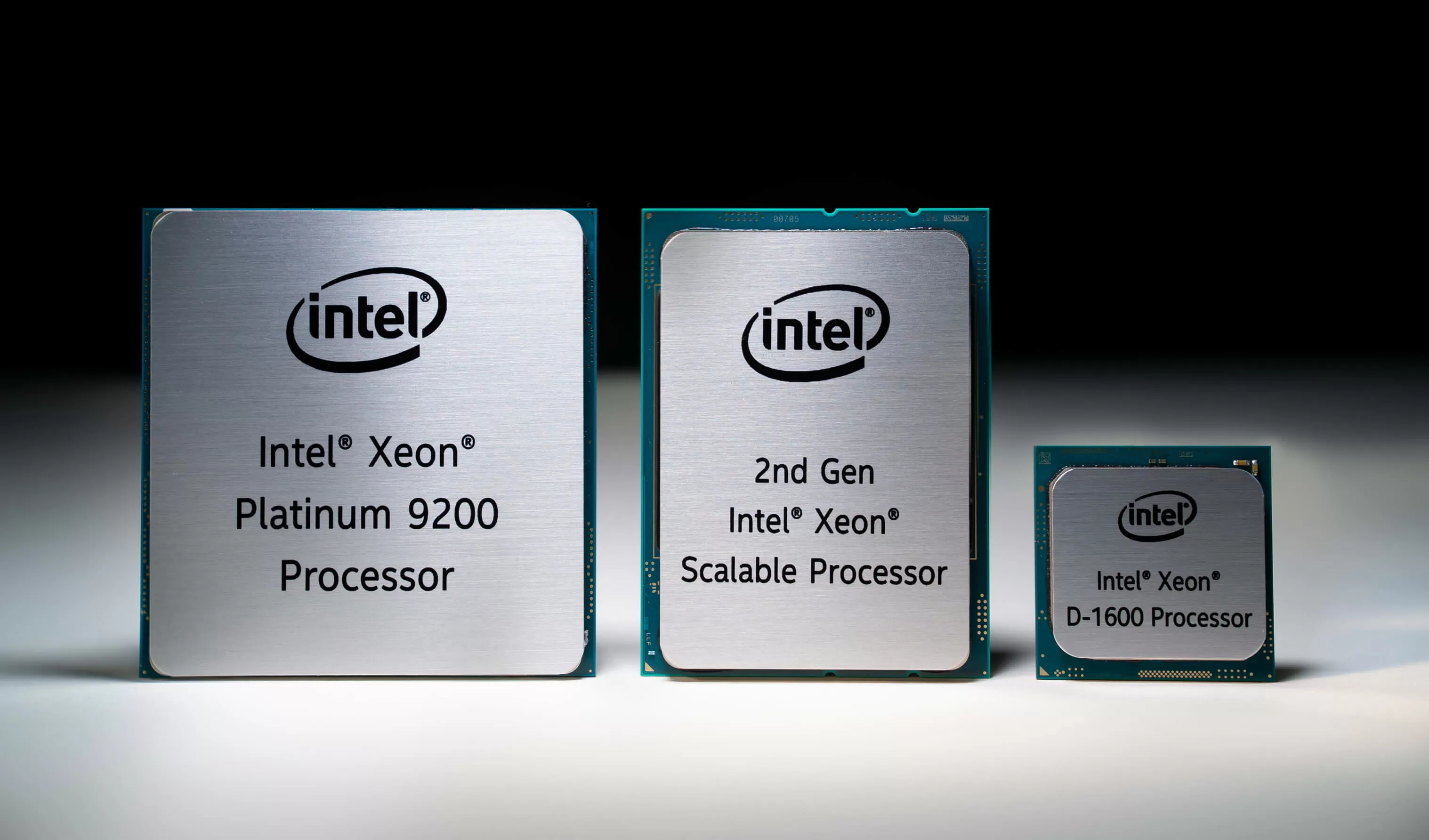In brief: Tech giants suing former employees for allegedly stealing trade secrets is nothing new. The latest company to launch legal action against an ex-worker is Intel, whose lawsuit claims an engineer took 3,900 confidential documents with him when he left for Microsoft.

Dr. Varun Gupta worked for Intel for ten years before leaving the company to join Microsoft as "Principal for Strategic Planning in Cloud and AI" in January 2020. The suit alleges that he transferred 3,900 documents onto two USB drives on his last day at the company, accessing them later using his Microsoft-issued laptop.
The files in question are related to Intel's Xeon processors, including pricing, strategies, and Intel's manufacturing capabilities.
Intel's marketing and engineering team started to suspect Gupta might have stolen trade secrets while conducting business with him after he left for Microsoft. Both companies worked together to investigate the matter.

As reported by The Oregonian, the complaint claims Gupta denied knowing where one of the drives was but later turned it over to Microsoft for analysis. He says he discarded the other thumb drive containing the Xeon secrets.
"In his new role at Microsoft, Gupta used the confidential information and trade secrets he misappropriated from Intel, deploying that information in head-to-head negotiations with Intel concerning customized product design and pricing for significant volumes of Xeon processors," Intel alleged in the suit. Gupta refutes the claims.
Intel is seeking unspecified damages, attorney fees, and an injunction preventing Gupta from using or disclosing any documents on the USB drive.
"We place great faith and trust in our current and former employees, but we have an obligation to protect our intellectual property and other proprietary information, and we will not hesitate to act to prevent their misappropriation," Intel wrote.
https://www.techspot.com/news/88573-intel-sues-former-employee-allegedly-taking-xeon-secrets.html